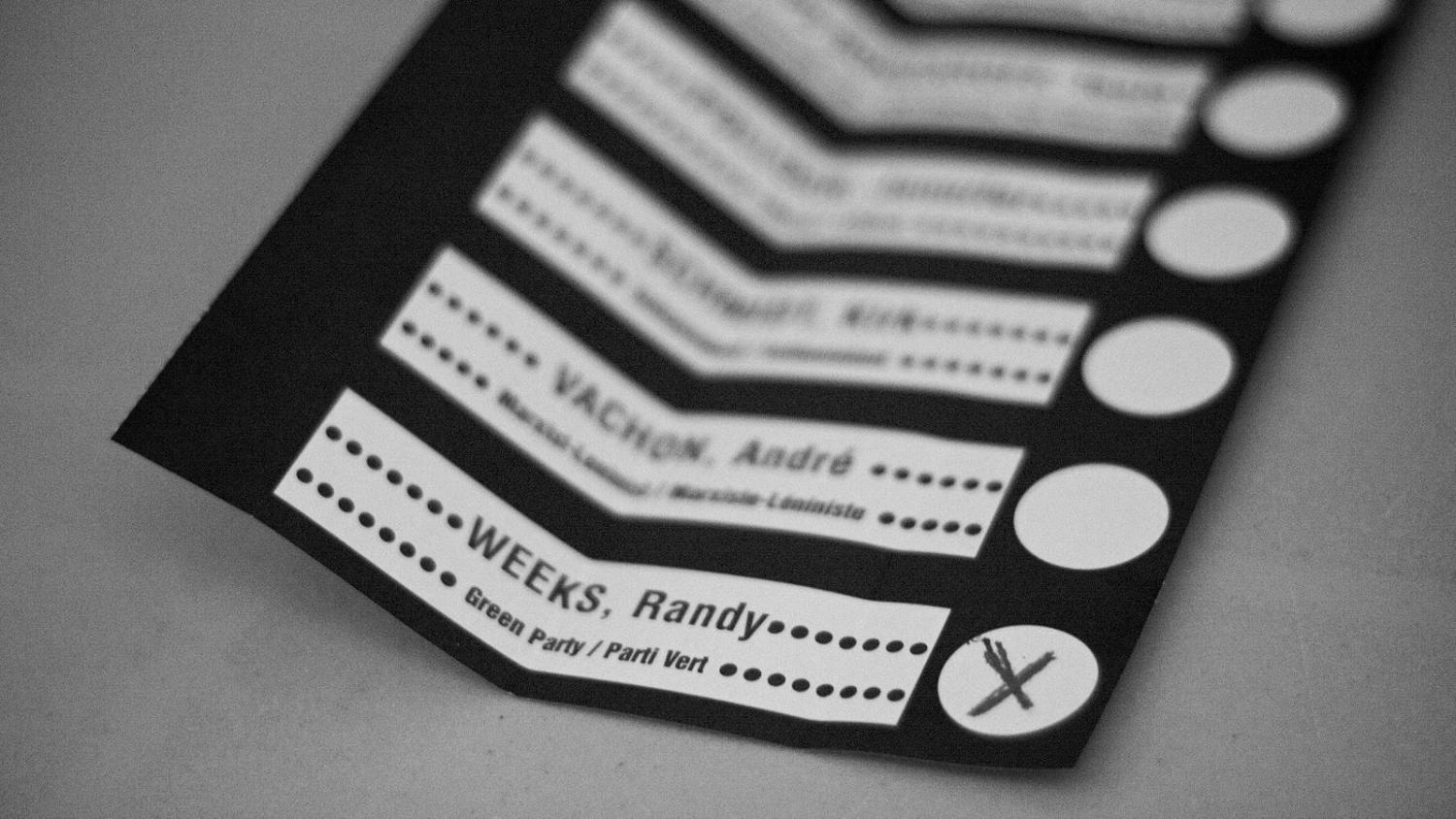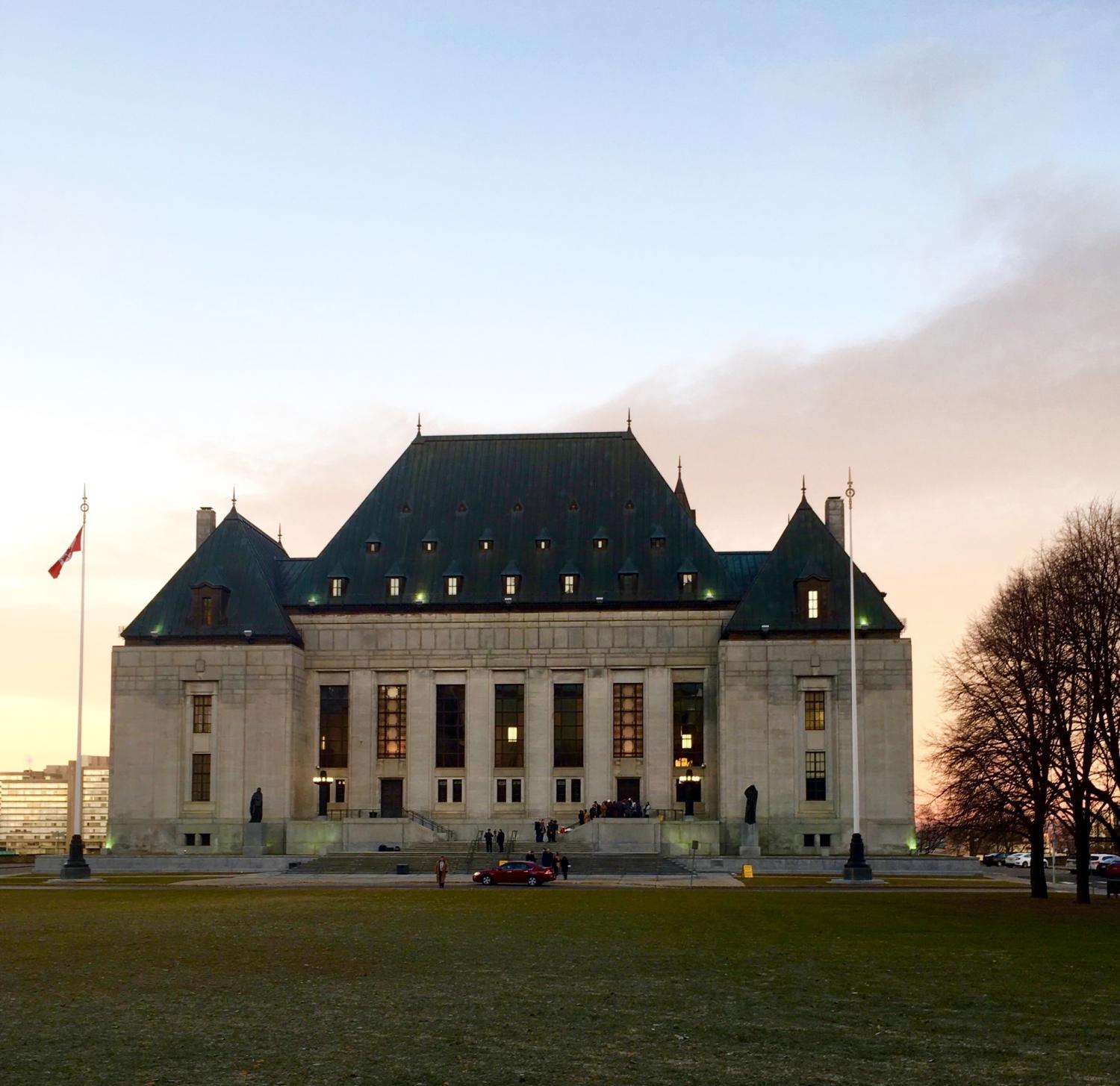
A Conversation About Electoral Reform
Photo credit: D’Arcy Norman
“We are committed to ensuring that 2015 will be the last federal election conducted under the first-past-the-post voting system.”
That was the Liberal Party’s 2015 campaign promise. Four years later we are finding ourselves heading towards the next federal election which will be done through, as one may be able to guess, the first past the post system.
Why didn’t the Prime Minister’s government fulfill its promise of electoral reform? What’s next for this issue?
We sat down with Dr. Jonathan Rose, who is an Associate Professor of Political Studies at Queen’s University, author, and former Academic Director of the Ontario Citizens’ Assembly on Electoral Reform, to get the 411 on the collapse of Trudeau’s promise and the future of electoral reform. Here’s what he said.
Ottawa Life: First things first, why didn’t Prime Minister Trudeau’s government fulfill its promise of electoral reform?
Dr. Rose: The Prime Minister felt that there was not a consensus for reform, though prior to the election he thought there was momentum for it. A more cynical interpretation may be that the parliamentary committee and hearings held across the country suggested they [the committee] wanted a type of reform that was not amenable to the Liberal government’s wishes.
Do you think the Liberals will include electoral reform in their platform again?
The Liberals have realized they’ve been burned by this issue and will want to avoid it — at least in the near future. It’s too bad, because I think it’s an issue that Canadians still have questions about and are interested in, but I think to raise it in their platform again would draw attention to a policy that largely backfired for them. Electoral reform is interesting because it’s a very salient policy for relatively few Canadians. Those who like electoral reform like it a lot, and the vast majority are indifferent about it or have mild opinions one way or the other. So, in that sense, it’s not worth gambling for the Liberals to have electoral reform in their future platform.
Will any other parties include it in their campaign platforms?
The NDP have always had electoral reform as a plank in their platform and I can’t see why they wouldn’t do include it again. It’s less clear where the Conservatives are. I think they would probably favour a referendum and broader engagement strategy if they did advocate for electoral reform, but I don’t know where they’re at on that issue. Elizabeth May and the Greens have always been vociferous supporters of reform, in part because the first past the post system routinely harms their electoral chances. I’m not sure where the PPoC is on the issue but small, splinter parties like PPoC do not do well in our present system and that’s in part by design. It’s not a bug of our system, but a design goal.
What options does a government have for implementing electoral reform?
The most common is by fiat. If a government changes the appropriate legislation the electoral system changes. That’s possible only if it doesn’t change the fundamental character of representation or alter the seat guarantees of the constitution. The other option would be a referendum, the benefit of which is that it would have the legitimacy. The Canada Referendum Act now suggests that referendums can’t be held at the same time as an election, so that would mean any deliberation on reform would be separate from the election which might give opportunities for parties and Canadians to be more engaged. Another option that has a deeper level of citizen engagement is a citizens assemby, and that has been tried in B.C. and Ontario. This is in some ways the gold standard as it relies solely on a random selection of citizens to make a judgement after carefully learning and deliberating on the policy.
Last but certainly not least, what future do you foresee for electoral reform in Canada over the next 5, 10, 20 years? Will it happen?
I do think it will happen. I think there’s been enough of a steady and continual questioning of the way we elect our representatives that there will be a tipping point. In B.C., the tipping point were a couple of elections that were seen as anomalous where the opposition party received more votes than the governing party. I think if and when we have that in the future it will precipitate a renewed conversation about both how we can elect our politicians in different ways, and also about the effect of different electoral systems on the dynamics in parliament. At some point it may be that Canadians find that the politics in parliament are not civil, engaging or inflexible and people correctly attribute it, in part, to the electoral system that created that parliament.
……………………………………………..
Dr. Rose’s insight highlights the importance of realizing that electoral reform depends upon more than a Prime Minister’s ability to stay true to his or her word — it depends upon our country’s ability to come to an educated and democratic consensus, which will take time. Going forward, we can expect a steep but important learning curve as both civil society and politicians alike learn to appreciate the power, influence, and manipulative ability that electoral systems have.








